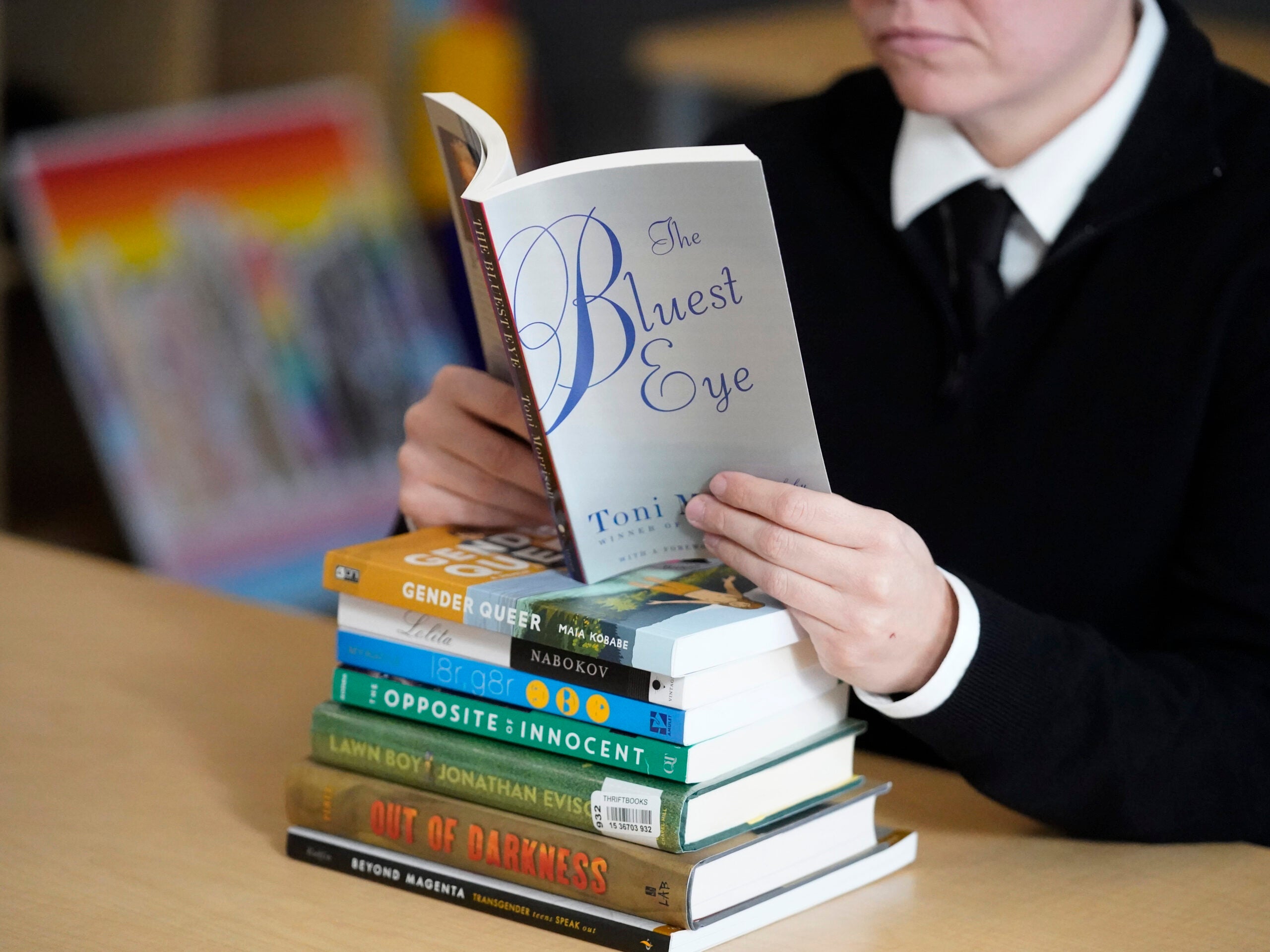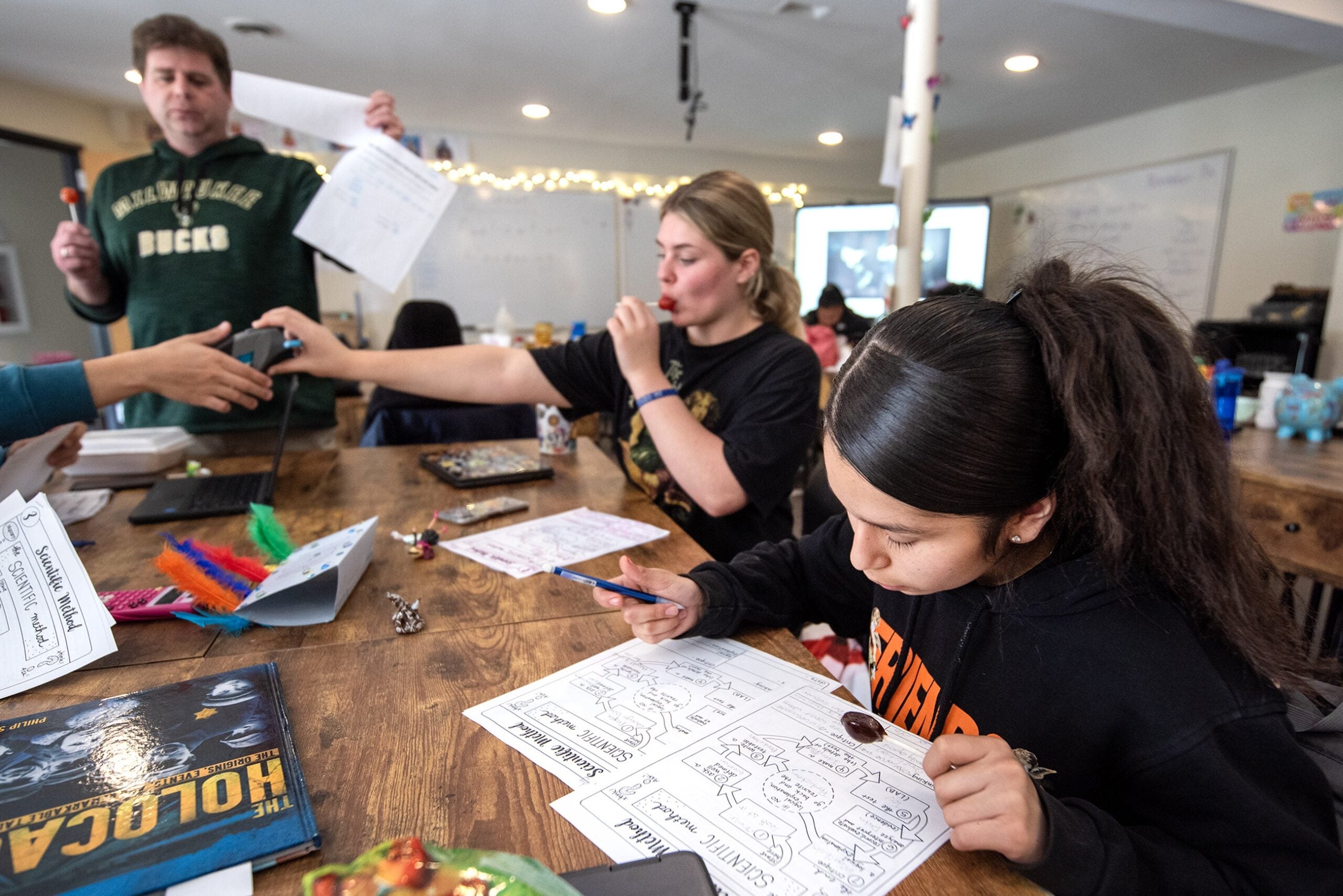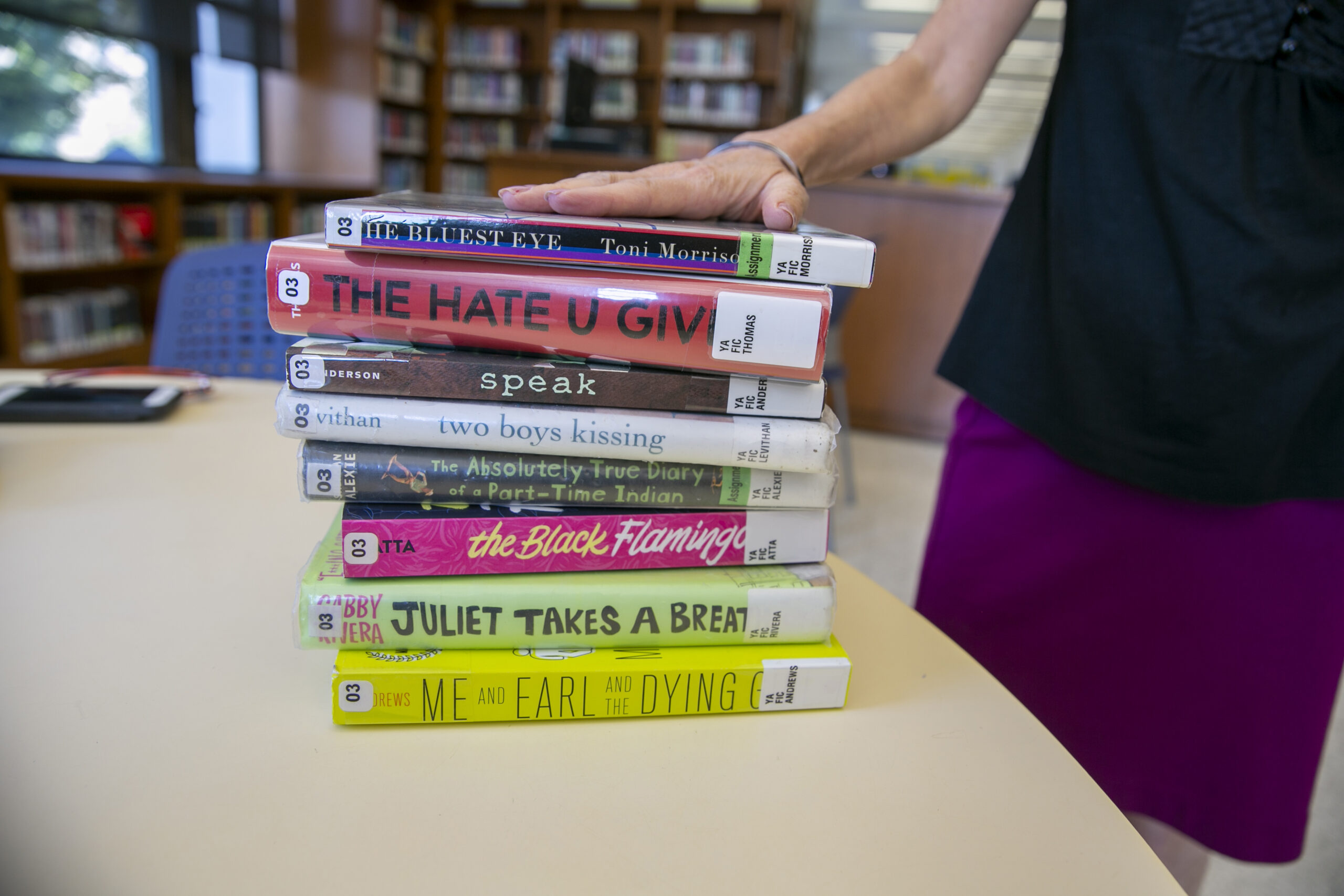Many remember taking care of a robotic baby doll as part of a home economics class about parenting. A recent study shows that the use of this programming did not deter teenage pregnancy. We find out more. Changing schools upon entry into sixth grade is considered a milestone, but some question whether this shift is necessary. We talk to an expert about how students in K-8 schools perform compared to those in traditional schools.
Featured in this Show
-
Caring For A Fake Baby Does Not Deter Teen Pregnancy
We talk to a UW-Madison professor about why some strategies, like taking care of a fake baby to simulate parenting, have proven ineffective. We learn about how Wisconsin schools designed sexual education curricula amid controversy. What strategies are most effective in preventing teenage pregnancy?
-
Is Middle School Making Adolescence Harder?
A new study argues that students who go to K-8 schools instead of transitioning from elementary school to a separate middle school have better grades and report less bullying. We get the details from one of the authors of the study.
-
Is Middle School Helping Or Harming Kids?
Ask a group of people which school years were the hardest and many will likely say middle school, and now they’ve got research to back them up.
A recent study titled Do Top Dogs Rule in Middle School? Evidence on Bullying, Safety, and Belonging, published in the American Educational Research Journal, found “top-dog” and “bottom-dog” status significantly impacts middle school students’ sense of safety and belonging, not to mention their level of academic achievement.
Amy Ellen Schwartz, the lead author of the study, said her team explored how social context differs for kids in middle school and elementary school.
According to the research team, the paper, “provides the first credibly causal evidence that top-dog status improves the learning environment and academic achievement.” They also found students experience the top-dog effect most strongly in the sixth grade.
Schwartz noted students’ experiences were different if they attended a kindergarten through sixth grade school versus a sixth through eighth grade middle school.
“These kids’ experiences of school vary and they vary with the grade span of the school they’re in,” said Schwartz, who is a professor of economics and public administration and international affairs at Syracuse University’s Maxwell School of Citizenship and Public Affairs.
Schwartz and her team found sixth-grade students who have to switch schools and then find themselves at the bottom of the status pile often have a harder time.
“Kids who are bottom dogs — that is, these kids are at the bottom of the grade distribution at school — are more likely to report seeing bullying around them,” said Schwartz. “They’re less likely to report feeling welcome at school, less likely to report that teachers and people know their names.”
For the “top dogs” the exact opposite is true.
“Put simply, the kids at the top of the distribution — the top dogs — experience a better school environment that the bottom dogs do,” she said.
Schwartz said she hopes education policy makers consider making schools K through eighth grade — in other words, cutting out middle school. Or even consider the radical idea of making all schools K through 12.
“We find that kids in K through eights on average do better in eighth grade than kids that go to a K through 5,” said Schwartz, adding the research backs it up: The longer grade spans — the K through eight schools — provide a better learning environment and as a result students do better emotionally and academically.
“Sixth grade is hard. It’s hard to be 10, 11, 12, 13 … those are hard years,” said Schwartz. “We don’t need to be making them harder than they have to be.”
Episode Credits
- Rob Ferrett Host
- Veronica Rueckert Host
- Nancy Kendall Guest
- Amy Ellen Schwartz Guest
- Haleema Shah Producer
- Marika Suval Producer
Wisconsin Public Radio, © Copyright 2024, Board of Regents of the University of Wisconsin System and Wisconsin Educational Communications Board.




